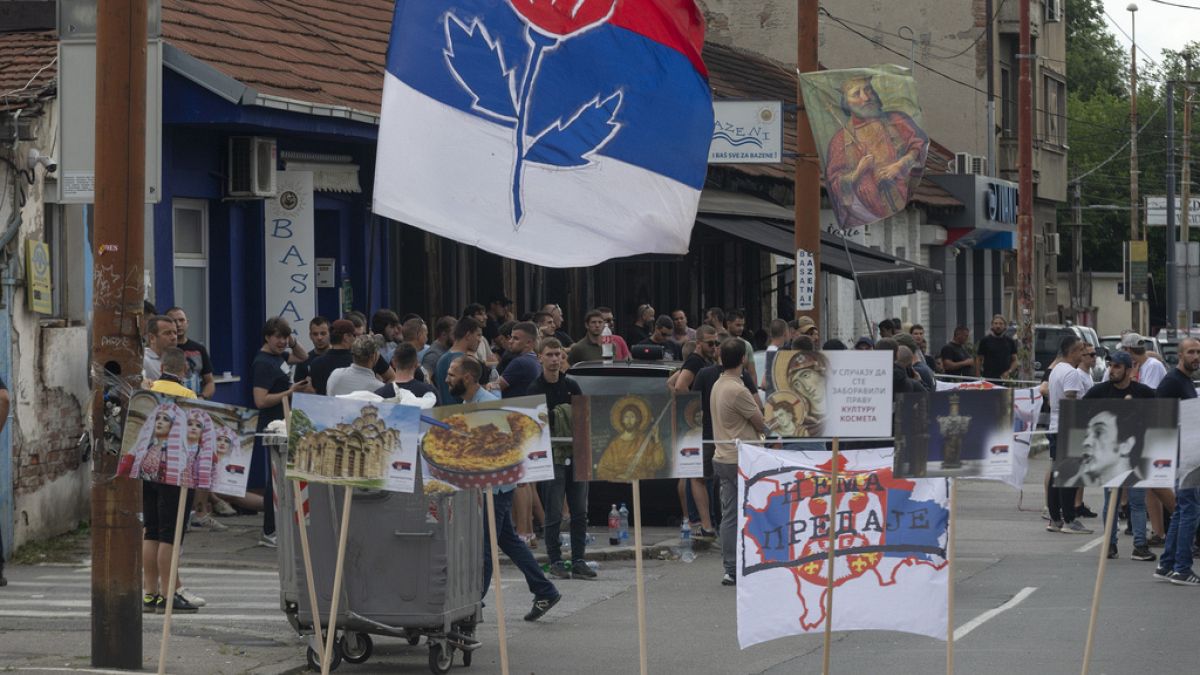Kosovo has closed five parallel institutions working with the ethnic Serb minority, leading to potential tensions with Serbia. The closure was confirmed by Kosovo’s Minister of Local Administration, who stated that these institutions violate the country’s constitution and laws. The United States criticized the move, stating that it will have a negative impact on the ethnic Serb community in Kosovo. Kosovo was a former Serbian province until a NATO bombing campaign in 1999 led to its independence in 2008, which Serbia does not recognize.
Despite ongoing normalization talks facilitated by the EU, tensions between Kosovo and Serbia remain high. A shootout last September between Serb gunmen and Kosovo police heightened these tensions. The EU and the U.S. have attempted to implement agreements reached by leaders from both sides but have seen limited progress. Recent proposals by Pristina, such as reopening a bridge in Mitrovica, have been met with opposition from Serbia and Western nations. The Serb List has called for EU intervention to prevent further escalation of the situation.
Kosovo Prime Minister Albin Kurti’s government has also faced criticism for unilaterally closing branches of a Serbia-licensed bank in northern Kosovo. The increased presence of NATO-led peacekeepers along the Kosovo-Serbia border has contributed to unrest in northern Mitrovica. Kurti’s government will face a test in the upcoming parliamentary elections in February, as tensions with Serbia continue to rise. It remains to be seen how these developments will impact the ethnic Serb minority in Kosovo and relations between the two countries.
The closure of the parallel institutions in Kosovo has further strained relations between Kosovo and Serbia. Despite years of normalization talks, tensions remain high, with recent violent incidents exacerbating the situation. The international community, including the EU and the U.S., have attempted to mediate between the two sides but have seen limited success. The upcoming parliamentary elections in Kosovo will be a crucial test for Prime Minister Kurti’s government, as they navigate complex relations with Serbia and the ethnic Serb minority in Kosovo. The closure of the Serbia-licensed bank branches and the proposed reopening of the bridge in Mitrovica have added to the ongoing tensions, highlighting the challenges in achieving long-term peace and stability in the region.











